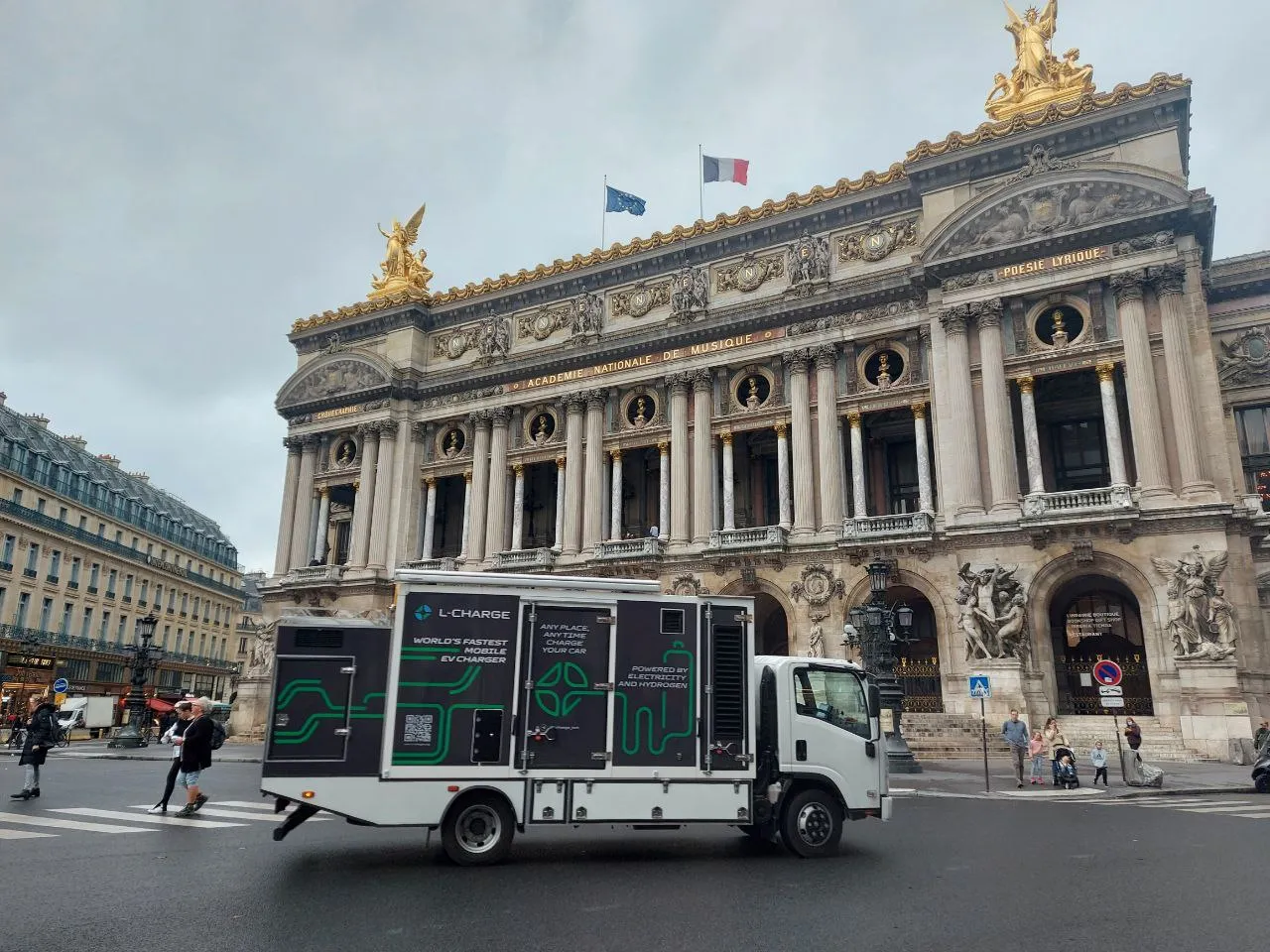The
The funding includes grants for capital cost share and operation and maintenance support.
In August, TZ opened its 18th retail hydrogen station in California and is now developing 13 additional stations.
Joel Ewanick, chief executive officer of TZ, said: "With these 12 new stations you'll see a transition to higher volume technology, enabling True Zero to serve more fuel cell cars with simultaneous fills at each location. This scale effect will provide an even better customer experience, and eventually a more competitive price at the pump so that more customers are encouraged to choose fuel cell electric vehicles over gasoline. Mass adoption of zero-emission vehicles is our ultimate goal."
True Zero expands hydrogen network through California Energy Commission grants
The California Energy Commission has provided True Zero (TZ) with $26.6 million (£20.2 million) to install 12 new hydrogen stations to help build out the state’s retail hydrogen network. The funding includes grants for capital cost share and operation and maintenance support. In August, TZ opened its 18th retail hydrogen station in California and is now developing 13 additional stations. Joel Ewanick, chief executive officer of TZ, said: "With these 12 new stations you'll see a transition to higher
November 15, 2017
Read time: 1 min










